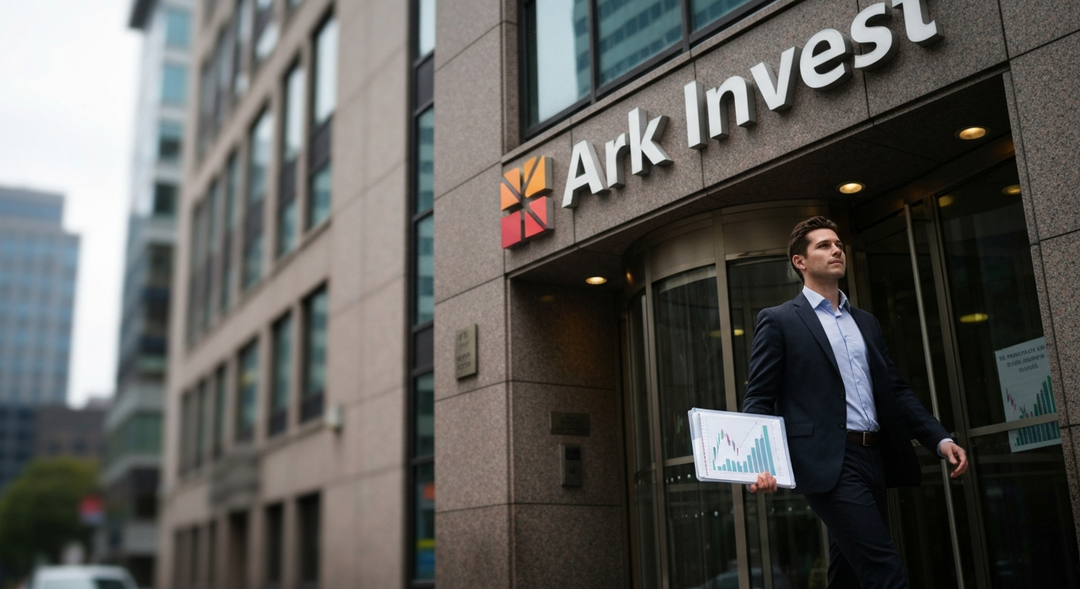Major changes are unfolding for the United States Commodity Futures Trading Commission. Next week, the commission will be left with just a single commissioner at the helm.
The departure of Democrat Kristin Johnson was confirmed in a statement on Tuesday. This reshuffling leaves Acting Chairman Caroline Pham as the sole overseeing commissioner of the powerful agency.
Pham, known as a strong supporter of digital assets policy, was appointed by the previous administration. Johnson emphasized the importance of maintaining the agency’s foundational strength for financial stability, particularly as new forms of technology push regulatory boundaries.
With Johnson stepping down, the anticipated confirmation of Brian Quintenz remains in question. Quintenz, previously a commissioner, was tapped to be the next permanent chair but still awaits confirmation. His tenure includes extensive work with venture capital and prediction market firms, while his nomination has both fierce advocates and notable opponents in the industry.
The White House continues to delay confirming Quintenz, despite mounting pressure from key influencers in the cryptocurrency field. Some critics, including high-profile exchange executives, have challenged his suitability. Still, advocacy groups urge the administration to move forward, seeing his confirmation as pivotal for crypto oversight’s future direction.
The CFTC is a critical regulator of American derivatives. Lawmakers are poised to debate whether it should gain direct authority over digital commodities like bitcoin, expanding its already significant footprint in the market. The commission has recently notched important wins in enforcement and advanced how cryptocurrency innovation is treated in broader commodity markets.
Should Quintenz be confirmed as chair, there are indications Pham will exit and return to the private sector. If that happens, Quintenz would operate alone, a rarity for an agency designed to be run by five commissioners.
The Trump administration’s strategy of minimizing Democratic representation on regulatory bodies comes into sharper focus here. Traditionally, federal commissions include members from both parties, preserving a balance meant to ensure decisions reflect a range of views. Currently, the administration has not moved to nominate replacements for the vacant commissioner seats.
Some experts have suggested a single-member commission could face legal complications when enacting new rules. Others argue that, legally, a quorum of one is still valid under current statutes, making it possible for official decisions to go forward. This could streamline processes typically hindered by debate and the need for consensus, but many observers remain wary of risks posed by concentrating authority.
The workload for the CFTC comes at a time when resources have already been stretched thin. Federal staffing reductions are a hallmark of recent administrative efforts, adding further complexity to the challenge of regulating the turbulent and constantly evolving digital asset world.
The future of cryptocurrency regulation hangs in the balance as the CFTC’s fate remains unresolved. Many in the sector are watching closely, especially those looking to Start Cloud Mining or engage with the digital commodity market in new ways.
Key moments like these demonstrate the shifting landscape of federal oversight in the age of digital assets. The coming weeks will see the commission attempting to hold the regulatory line, even as its ranks dwindle and its mandate potentially expands.
Industry participants and legal analysts are keeping a close eye on Senate hearings resuming after the seasonal recess. The looming decisions around confirmations and leadership could define how American policy addresses both innovation and investor protection in cryptocurrency markets.
Amid ongoing uncertainty, stakeholders from across the digital economy continue to stress the need for stable, credible oversight. The outcome will impact not just the CFTC, but the broader regulatory tone for digital commodities for years to come.
Conclusion
The United States Commodity Futures Trading Commission stands at a vital crossroads. The agency is on the verge of unprecedented consolidation just as digital assets demand clearer regulatory guidance.
Whether future decisions will be shaped by bipartisan collaboration or solitary leadership remains to be seen. What is certain is that both regulators and market participants are bracing for whatever comes next in this new era of oversight.

Ewan’s fascination with cryptocurrency started through his curiosity about innovative technologies reshaping the financial world. Over the past four years, he has specialized in cloud mining and crypto asset management, diving deep into mining contracts, profitability analysis, and emerging trends. Ewan is dedicated to helping readers understand the technical and economic aspects of crypto mining, making complex information accessible and actionable.




